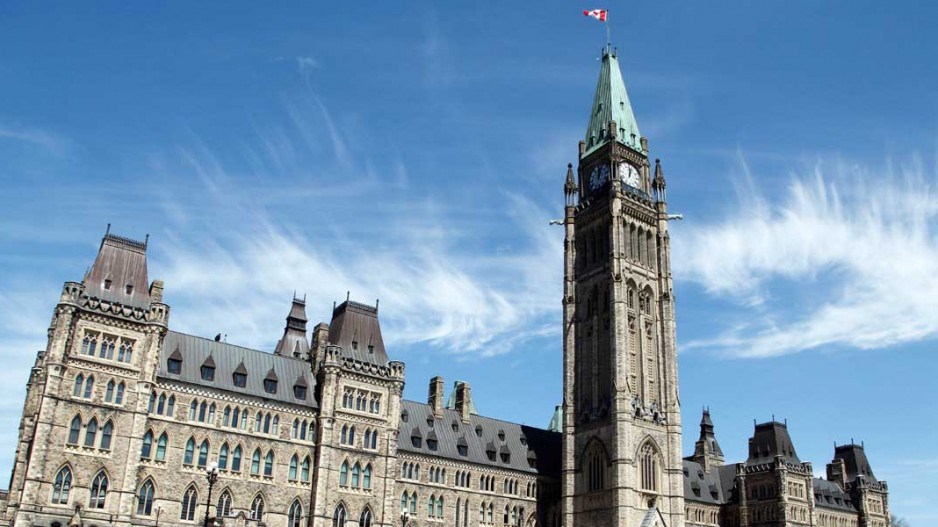The last six months have been unusual for Canadians in many provinces. Ontarians recently re-elected a Progressive Conservative government, and Quebecers will host their own democratic process in just a few weeks. At the federal level, the Liberal Party of Canada has a workable government with the support of the New Democratic Party (NDP), while the Conservative Party of Canada is in the middle of a race to decide who will supplant Erin O’Toole.
Prime Minister Justin Trudeau has had opportunities to connect with voters on foreign policy issues, particularly the conflict in Ukraine. Still, concerns about inflation, real estate and gas prices have made Canadians uneasy about what Ottawa can do for them. A few days ago, we reported on how only 49 per cent of Canadians are proud of the national economy – a staggering 31-point drop since June 2019.
In late June, more than half of Canadians (51 per cent) feel that their province would be better off with a different prime minister in Ottawa. This represents a two-point increase since the previous survey by Research Co. and Glacier Media in December 2021.
There are three regions of the country where the numbers for Trudeau have been consistently low on this question. In Alberta, 64 per cent of residents (down one point) think the province would do better without Trudeau. The proportions are also high in Saskatchewan and Manitoba (60 per cent, up four points) and British Columbia (53 per cent, unchanged).
We can expect Western Canada to have less sympathy for the current federal government, but the numbers are not extraordinary in the east. Fewer than half of Ontarians (48 per cent, down one point) and Quebecers (45 per cent, up three points) think their provinces would thrive under a different prime minister. Atlantic Canada, where the Trudeau-led Liberals won every seat in 2015, now sees a slight majority (52 per cent, up 14 points) suggesting that things would be better with a new federal head of government.
Voting intention surveys conducted when the main parties have not settled on a leader tend to be misleading, especially when respondents are forced to associate a political organization with an interim leader who will not be there on election day. Our numbers for Trudeau do not suggest a rekindling with areas where votes were lost in 2019 and 2021 and, more troublingly for Liberal supporters, little growth in the two seat-rich provinces and animosity brewing in the Maritimes.
When residents of the four most populous provinces are asked about their premiers, Quebec stands out for its consistency. Six months ago, 48 per cent of Quebecers yearned for a person other than François Legault in charge. The numbers have not moved since.
Ontario experienced an extraordinary turnaround, which coincided with the putative end of the pandemic. This month, only 43 per cent of Ontarians think they would be better off without Doug Ford as premier, down 14 points since December. In Alberta, almost two-thirds of residents (65 per cent, down eight points) are already imagining a future without Jason Kenney. In British Columbia, 41 per cent of residents believe the province would do well without John Horgan in charge, up six points since December and during a time of growing speculation about the future of both the provincial NDP and the opposition BC Liberals.
The October 2018 provincial election in Quebec gave the sovereignist Parti Québécois (PQ) its worst result in history: 17 per cent of the vote and 10 seats in the national assembly. This month, 32 per cent of Quebecers (up two points) believe that they would be better off as a country, while 59 per cent (unchanged) disagree with this assessment. The numbers are nowhere near the “winning conditions” that would lead to a new discussion about separation, but they serve to remind us that the PQ is no longer the de facto vessel for all shades of nationalism in Quebec.
In Alberta, 33 per cent of residents (down five points) think the province would be better off as its own country. Regardless of the result of the United Conservative Party (UCP) leadership race, a significant proportion of residents are looking for a new relationship with Ottawa. This explains the urgency of UCP leadership contender Danielle Smith to tout the Alberta Sovereignty Act, which could be curiously described as “a clause for those who can’t stand the notwithstanding clause.” Smith knows that her words now will help establish a base when 64 per cent of Albertans despise Trudeau and 33 per cent ache for independence. What transpires when the leadership race is over is a different matter.
Finally, fewer than one in four Canadians (17 per cent, down one point) think their province would be better off joining the United States and becoming an American state. This brand of pro-American sentiment has died down considerably in Alberta (14 per cent, down 11 points), but now enthralls 28 per cent of Conservative Party voters at the federal level (up four points), compared with 17 per cent among Liberals (down two points) and 10 per cent among New Democrats (down seven points). It is too soon to tell whether what we are witnessing is a reaction from Tory supporters who may have seen recent judicial happenings south of the border in a positive light.
Mario Canseco is president of Research Co.
Results are based on an online study conducted from June 25 to June 27, 2022, among 1,000 adults in Canada. The data has been statistically weighted according to Canadian census figures for age, gender and region. The margin of error, which measures sample variability, is plus or minus 3.1 percentage points, 19 times out of 20.



